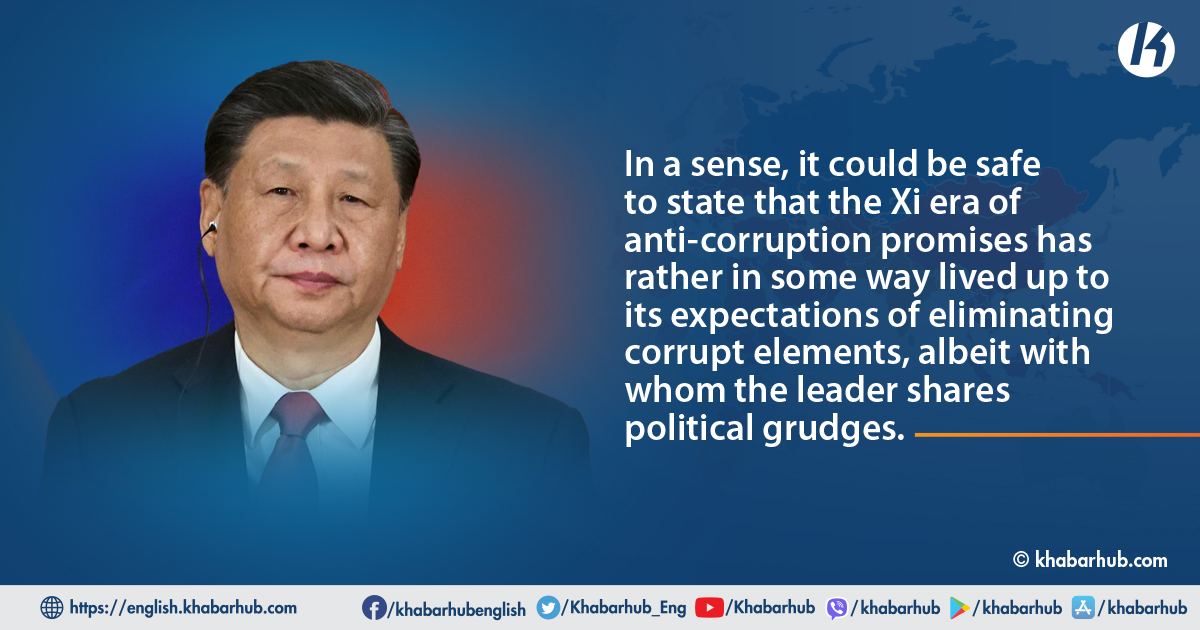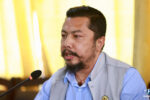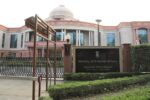A significant challenge that the Chinese society at large has been facing for decades, has been the menace of corruption among some prominent Communist Party of China’s (CPC) members.
The Chinese society has constantly been troubled with corrupt malpractices within its governmental institutions, state-owned enterprises, and various other sectors of society that is led by the Party itself.
Even though the government has regularly acknowledged corruption as a serious problem and has undertaken various anti-corruption campaigns to tackle it, little has been done to prevent from such practices reoccurring.
The Party’s anti-corruption efforts gained significant momentum when Xi Jinping, the party’s newly appointed General Secretary in 2012 announced his political fight against the menace of corruption and officials who indulged in the same.
His administration has since then launched an extensive and high-profile campaign against corruption, targeting both high-ranking officials and lower-level bureaucrats in its quest to crackdown on malpractices within the party cadres and government, both alike.
The forsaken anti-corruption campaign has targeted some of the most high-ranking officials from right up to the Politburo and its Standing Committee, which is the highest decision-making body in the country and Party.
The campaign has since then led to the investigation and punishment of numerous officials, including some at very senior levels.
The political purging of prominent party members since 2012 had led many analysts to believe that the case of corruption would have gradually gone down given the sense of fear that had surrounded high-profile cases of Bo Xilai and his apparent successor Sun Zhengcai.
Moreover, the case of Zhou Yongkang set the tone to Xi Jinping’s anti-corruption plans when one of the highest-ranking officials was prosecuted under the new leadership’s campaign.
Zhou, who was a former member of the Politburo Standing Committee and held the position of head of the Central Political and Legal Affairs Commission, was sentenced to life in prison for corruption, bribery, and abuse of power.
The myth-like political purges of high-ranking officials in the party caused some stir within the cadre leading many to believe that corruption would indeed begin sliding downwards under the Xi era.
However, the recent cases in the past year or so have once again reiterated the ill-fated character of many political stakeholders in the Party.
The recent case of horrendous corruption and espionage charges against prominent Military generals and officers within the prestigious People’s Liberation Army’s Rocket Force has once again brought to light the failures of Xi Jinping’s anti-corruption rampage.
The Central Military Commission’s anti-corruption unit is currently investigating the seriousness of the charges against Li Yuchao, the head of the department and his team of subordinates.
The Rocket Force’s leadership transition during perilous times in China has led many to believe that the case might supersede to be amongst the most corrupt cases of all time within China’s military units.
This has also led some analyst to question if at all Xi Jinping’s high-handed approach to corruption, even to the extent of purging his own close associates, did any good against the widespread rampant corruption within the CPC.
One could argue that apart from politically eliminating his opponents, Xi’s anti-corruption gamble has produced little tangible results in terms of what it had actually intended to achieve.
Moreover, with the establishment of anti-graft agencies such as the National Supervisory Commission (NSC) has had a rather contrary effect.
In a sense it could be safe to state that the Xi era of anti-corruption promises has rather in someway lived up to its expectations of eliminating corrupt elements, albeit with whom the leader shares political grudges.
Despite the nature of the corruption charges, party members have rather begun fearing dissenting against President Xi, who has leveraged such institutions to his dictatorial tendencies by way of granting the NSC sweeping powers to investigate and hold officials accountable, even if falsely.
This consequential spread of fear had always been intended to intimidate the highest echelons of the CPC.
The forsaken anti-corruption campaign has targeted some of the most high-ranking officials from right up to the Politburo and its Standing Committee, which is the highest decision-making body in the country and Party.
Least to state, far away from reducing corrupt practices within governmental and Party duties, Xi Jinping’s strategy has capitalised on upon the country’s longstanding ill-faced challenge and has converted it into his own advantage in terms of eliminating political opponents.
In a sense it could be safe to state that the Xi era of anti-corruption promises has rather in someway lived up to its expectations of eliminating corrupt elements, albeit with whom the leader shares political grudges.









Comment